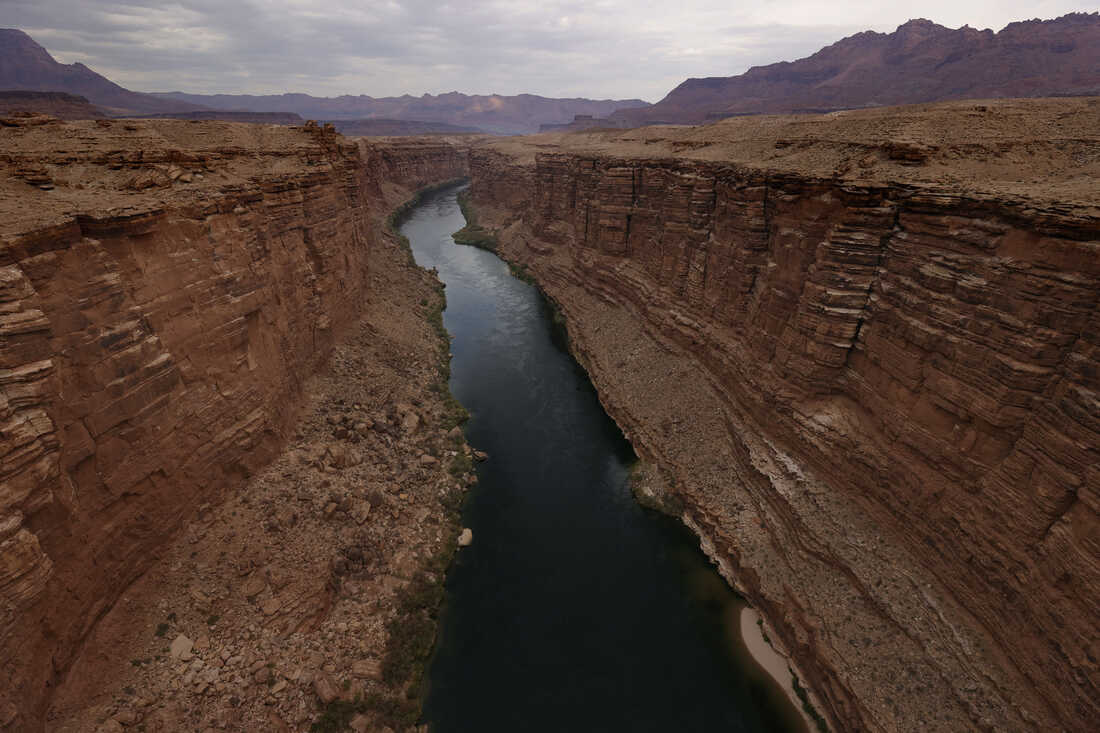IPM Response to the Supreme Court’s Ruling on Navajo Nation’s Water Rights
Upholding Treaty Rights and Ensuring Justice: A Response to the Supreme Court’s Ruling on Navajo Nation’s Water Rights”
The recent Supreme Court decision against the Navajo Nation’s water rights is deeply disappointing. It’s a decision that not only affects the Navajo Nation, but also raises significant concerns about the interpretation of treaties, the recognition of indigenous rights, and the commitment of the United States to uphold its own constitution.
Article VI, Section 2 of the U.S. Constitution, the Supremacy Clause, affirms that treaties made under the authority of the United States are the “supreme law of the land.” The ruling seems to neglect this very principle, as the Supreme Court held that the U.S. owes no “affirmative duty” to the Navajo Nation to secure water, despite the existence of the 1868 Treaty of Bosque Redondo, known to the Nation as the Old Paper or Naal Tsoos Sani..
Justice Neil Gorsuch’s dissenting opinion recognizes the historical context of the treaty and the general trust relationship that should exist between the U.S. government and the tribes. He points out that the treaty arose from the Long Walk of 1864, where the Navajo Nation was forcibly moved from their homelands to a harsh, inhospitable area with scarce resources. It was this treaty that allowed the Nation to return to their homelands with the promise of adequate resources, including water.
The Supreme Court’s decision also sets a worrisome precedent, by placing the burden on the Nation to show that the treaty explicitly required the U.S. to do more than merely recognize tribal water rights. This undermines the purpose of treaties, which are meant to establish rights and protections, not to be used as legal loopholes to avoid responsibility..
This ruling is even more disheartening considering the ongoing global climate change crisis, which has begun to dramatically dry up the desert southwest, exacerbating the water shortage for the Navajo Nation1. The Supreme Court’s decision, however, did not adequately address these policy ramifications.
The fight for indigenous rights is far from over. We must continue to advocate for the rights of indigenous peoples, and hold the United States accountable for upholding its own constitution and honoring the treaties it has made. This includes ensuring that the Navajo Nation, and all indigenous peoples, have access to the resources they need to sustain their communities.
The Supreme Court’s decision may be a setback, but it is not the end. We must continue to stand with the Navajo Nation and all indigenous peoples in their struggle for justice and recognition of their rights. We must remind the government of its duty and responsibility to honor its treaties and uphold the rights of indigenous peoples.
Justice Gorsuch’s dissenting opinion offers a glimmer of hope, suggesting that the Navajo Nation can still attempt to intervene in ongoing water rights litigation to assert its treaty rights. This is a fight that is not just about water, but also about respect, recognition, and justice. And it is a fight we must not give up.

